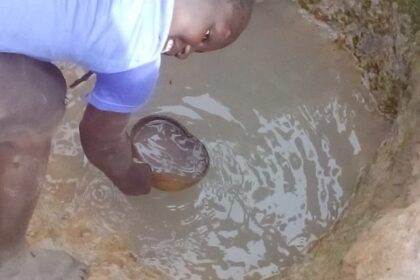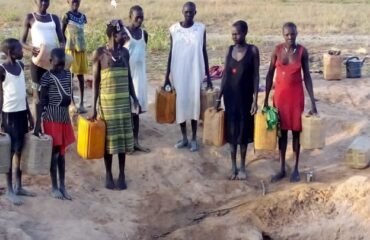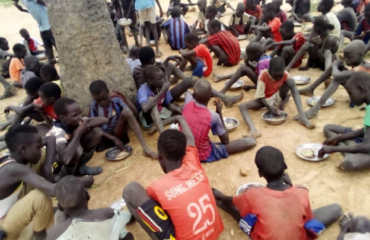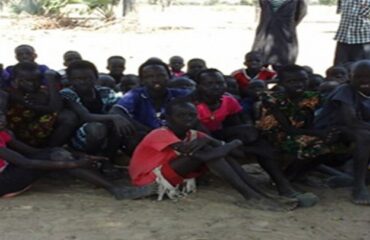
Water is essential to health and food production. In South Sudan, nearly 4 million people lack access to safe drinking water in their homes and about 4.5 million people lack access to proper sanitation, putting them at risk of disease. Coupled with poor hygiene, the lack of adequate water and sanitation is a leading cause of diseases and death in South Sudan. Food production is the largest consumer of water, and also represents the largest unknown factor of future water use as the population continues to increase.
In South Sudan, millions of women and children trek for up to eight hours a day to collect water from marshes, ditches, or hand-dug wells where water is often contaminated with parasites and bacteria. The results are sickness, even death.
Our Water programme has brought clean and safe drinking water to over 10,000 people in the Greater Northern Bhar el Ghazal by drilling 84 water boreholes over the last 10 years. CMW is currently on it’s high gears in the promotion of community based and low cost approaches to increase access to safe and clean drinking water and improve sanitation conditions in the larger Northern Bhar el Ghazal region in a bid to provide a clean environment that facilitates proper growth and development of girls and boys.
Key among the achievements that CMW has made under this programme since the inception of the organization in 2008 is the construction of 84 model water pump boreholes that addresses the issue of water borne related diseases which has caused high child morbidity and mortality in the entire region, improved community water supply to improve health conditions, reduce the burden of women and the girl child who trek long distance in search of water and increase productive time in households, besides giving girls opportunity to attend schools.
This programme is also aimed at eliminating the shame associated with lack of a latrine especially when we receive visitors. Communities are encouraged to protect their Open Defecation Free status. When they see a passerby defecating or attempting to defecate in the bushes, they are encouraged to talk to them and for instance say: Where are you coming from? Don’t you know we are open defecation free”.
There is need to continue drilling more water boreholes in the region as well as construct more community led toilets to ensure the communities’ wellness. This is the reason we are appealing to well-wishers and individuals who have interest to support community healthcare programmes in developing countries to come forward to stand with us in our fight against treatable health conditions caused by water related diseases.


